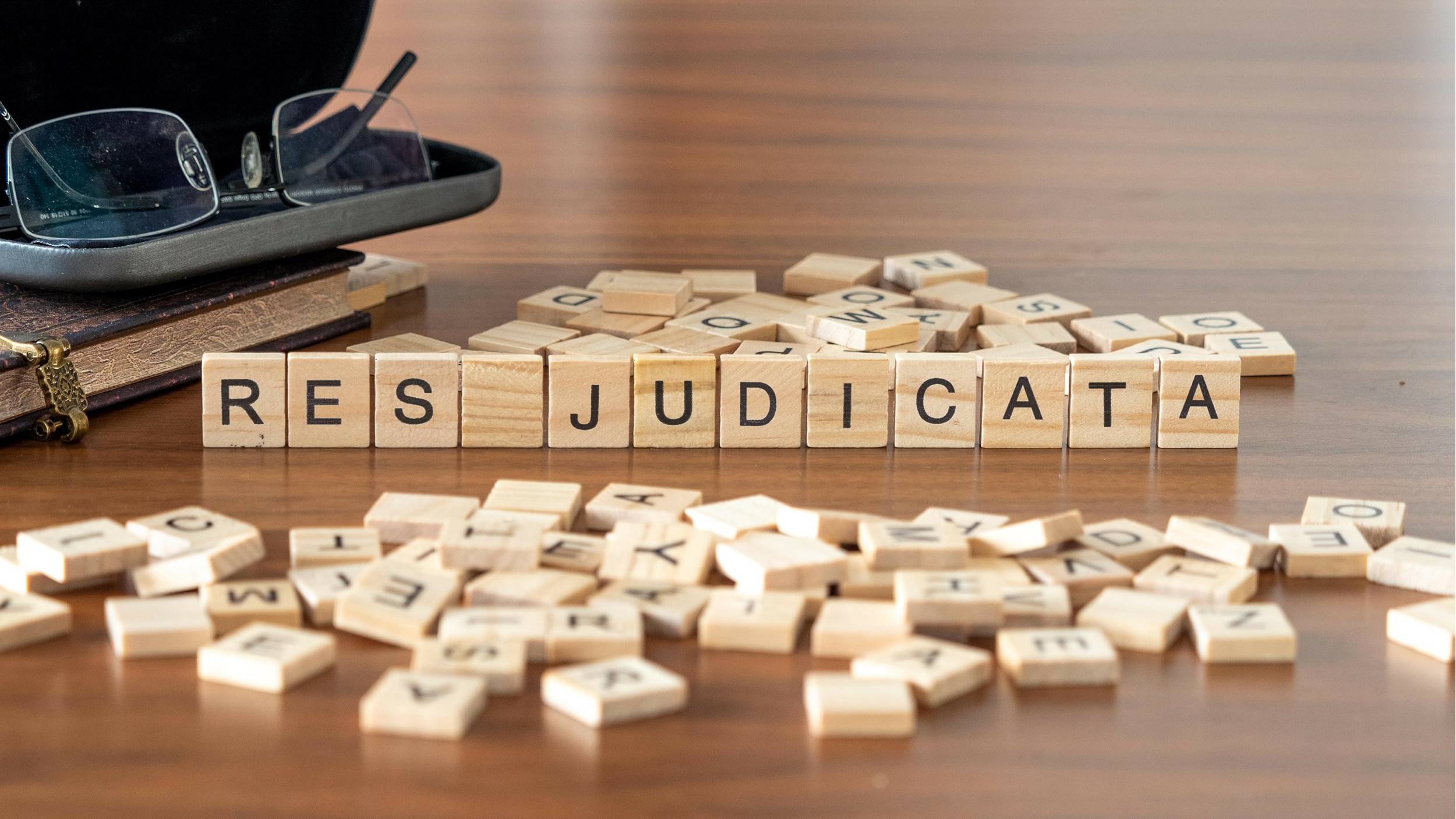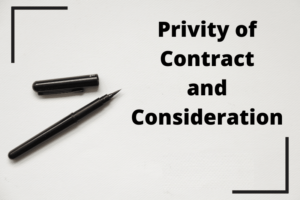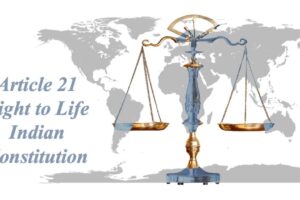
THE PREVENTIVE ESSENCE OF RES JUDICATA WITH RESPECT TO INDIA
The principle of res-judicata, also known as the norm of conclusiveness of judgment, is represented by Section 11 of the Civil Procedure Code of 1908, in regard to previously decided issues of fact, law, or law and fact, as well as in each subsequent litigation involving the same parties.
It provides by law that no party may bring up the same issue again in a different lawsuit once it has been completely resolved by an appropriate court. Without such a rule, disputes would never end and the parties would find themselves subject to constant conflict, harassment, and costs.
Res Judicata: About
- Together, the terms res and judicata mean “a matter adjudicated.”
- Put more simply, the matter is currently being decided by the court, and the parties involved in the current case have previously resolved it in another court. Because another court has already made a decision in this case, the court is going to dismiss it.
- The principle of res judicata is applicable to civil as well as criminal law. No lawsuit that has been tried in the past, either directly or indirectly, may be tried again.
Res Judicata: Purpose
The purpose of the res judicata doctrine is to stop the misuse of the law and to encourage the honest and equitable administration of justice. When a party seeks to bring a new lawsuit on the same subject after being awarded a judgment in an earlier case involving the same parties, the legal doctrine of res judicata comes into play.
Res Judicata: Its Application
According to the discussions by the experts in RJS Coaching institutes res judicata must contain:
- One prior suit and one subsequent suit is required for the application of res judicata.
- The court that decided the first lawsuit needs to be qualified to hear the second lawsuit.
- Either literally or constructively, the subject matter in its entirety and directly in dispute in both lawsuits must be the same.
- The Court in the prior lawsuit must have heard and rendered a decision on the topic that is at hand in the succeeding suit, both directly and indirectly.
- The parties involved in both lawsuits or the parties through which they or any of them may assert a claim must be the same.
- Both lawsuits’ parties had to have pursued legal action under a single title.
Res Judicata: Landmark Ruling
The landmark ruling discussed often in the classes of RJS Coaching pertains to:
- Inthe Daryao v State of UP case, the Supreme Court has expanded the scope of the res judicata theory. The court decided that a petition filed under the virtue of Article 32 of the Constitution is subject to the res judicata rule. A similar petition filed before the Supreme Court under the virtue of Article 32 of the Constitution would be barred as res judicata if the petitioner filed it under Article 226 of the Constitution and it was dismissed on the merits.
Res Judicata: How it is Regarded as Preventive Essence?
According to RJS Coaching institutes, there are various important preventive essences associated with res judicata doctrine. They are as follows:
- It prevents parties from repeating the same contentions, providing legal disputes an impression of a conclusion.
- It encourages the efficiency of the judiciary by eliminating the unnecessary spending of court assets on frivolous lawsuits.
- It guarantees that court decisions stay steadfast and uniform across time, thereby helping to maintain certainty in the law.
- It fosters a just and fair legal system by protecting parties from harassment carried on by an ongoing pattern of litigation.
- Preventing repetitious legal actions saves the time, energy, and financial assets of the parties in question in addition to the legal system.
- Res judicata maintains legal partnerships by restricting ongoing challenges to matters that are currently presently undergoing decision.
- Since parties are able to rely on the binding nature of previous decisions, it enhances the predictable nature of the legal system.
When Res Judicata is not applied by the Court?
- The case will be transferred to the next court, which will rule on res judicata based on the ruling in the previous litigation if the court declines the request for res judicata and instead renders a contradictory judgment on the same issue.
- As a result, it is an obligation of the parties to the litigation to inform the court regarding the previous dispute. The judge will then decide whether or not to accept the plea of res judicata.
One way to conceptualize the Doctrine of Res Judicata is as a limitation on the ability of any party to “move the time machine back” while the case is pending. Public interest lawsuits are among the many cases that fall under the broad definition of res judicata.



